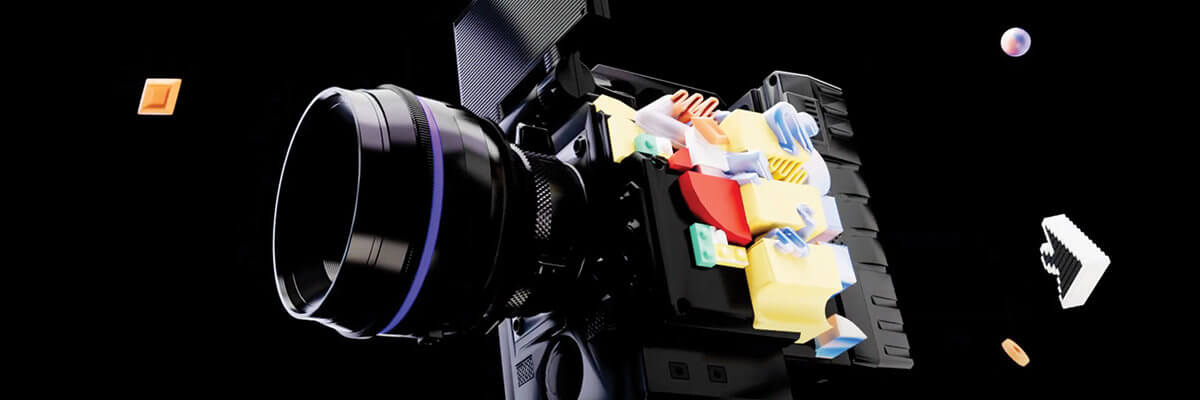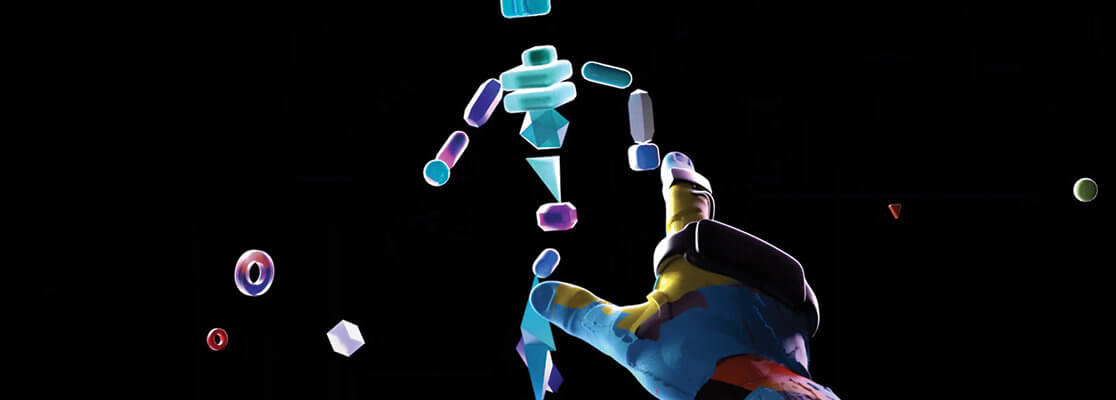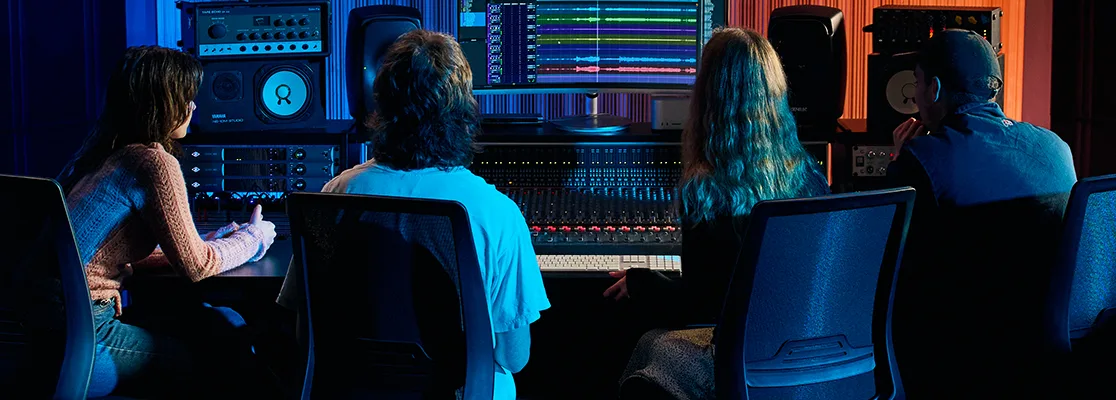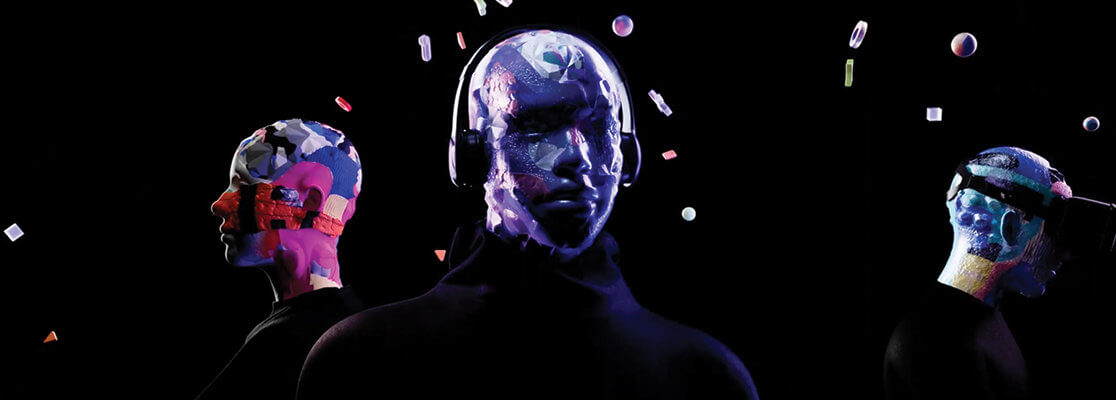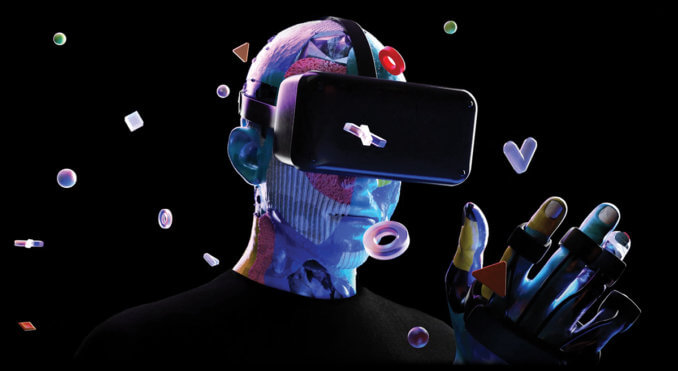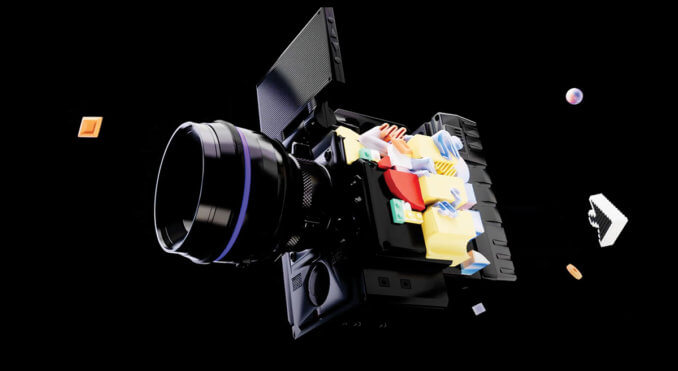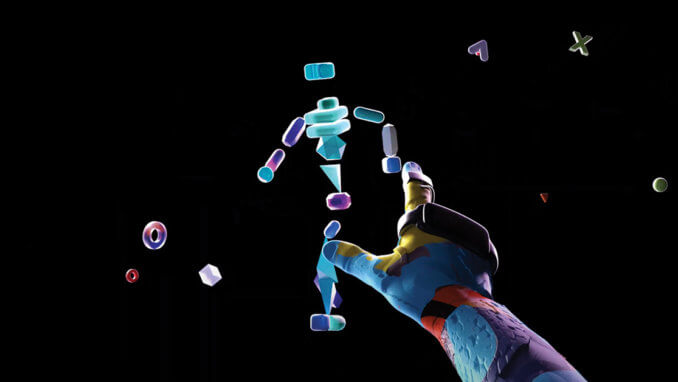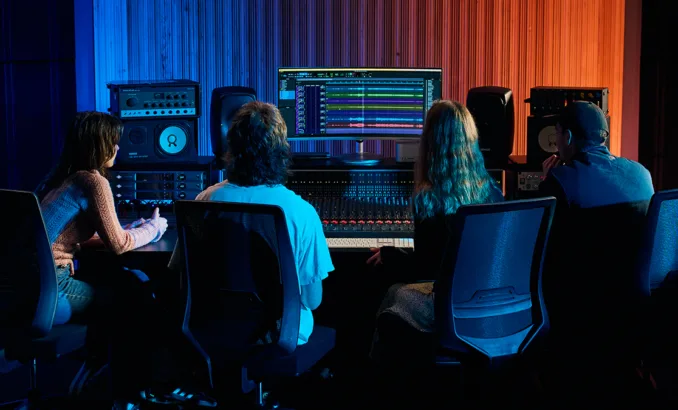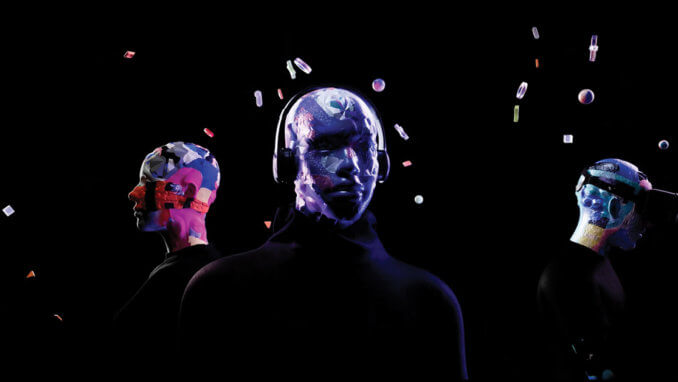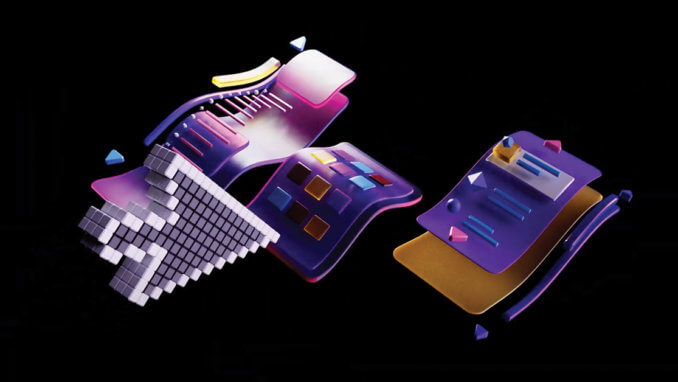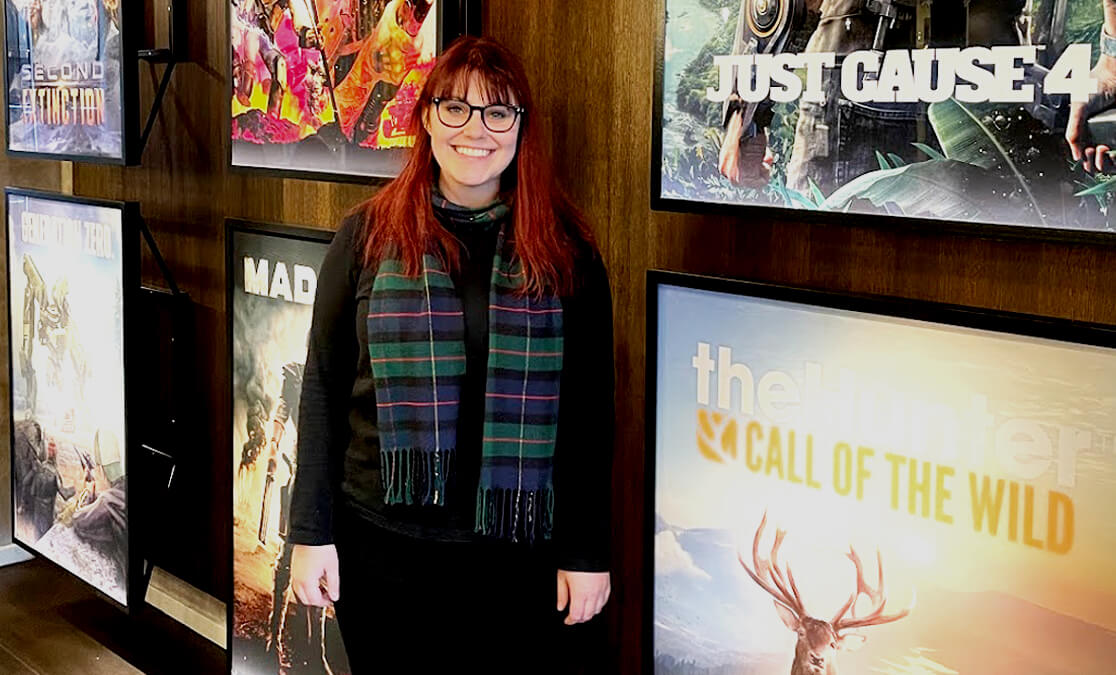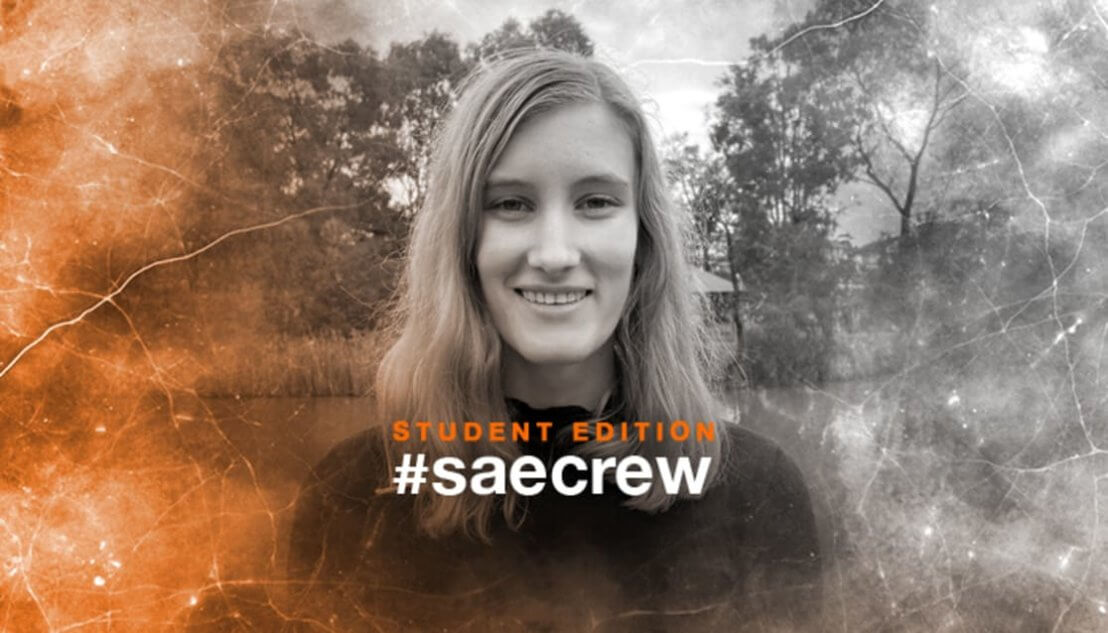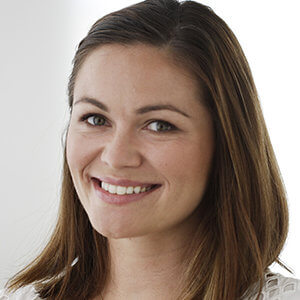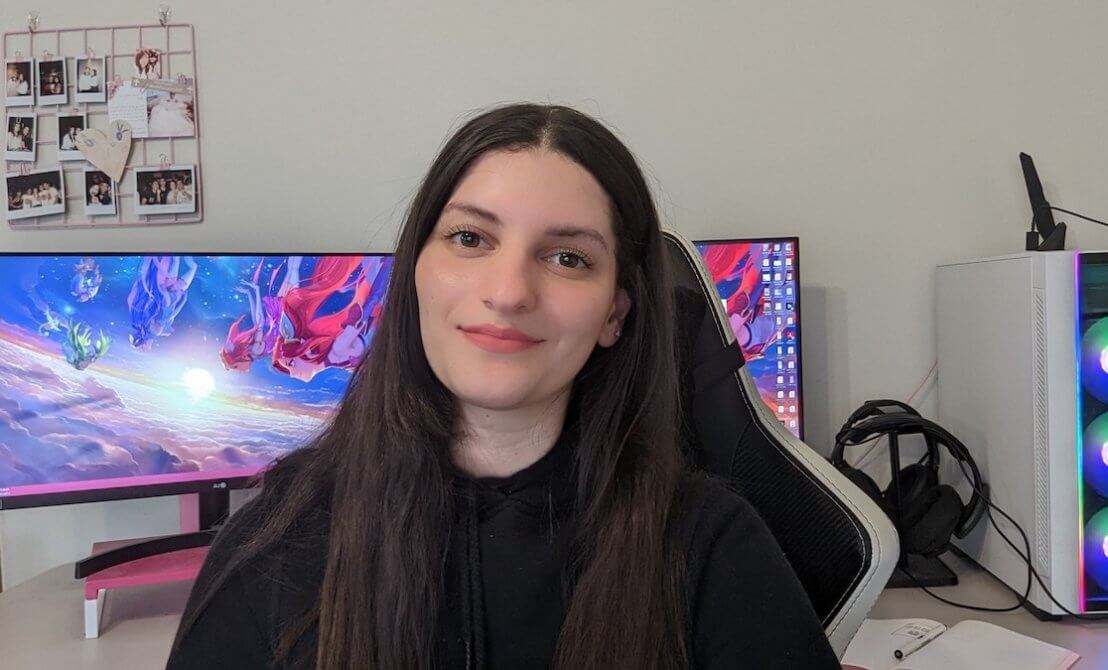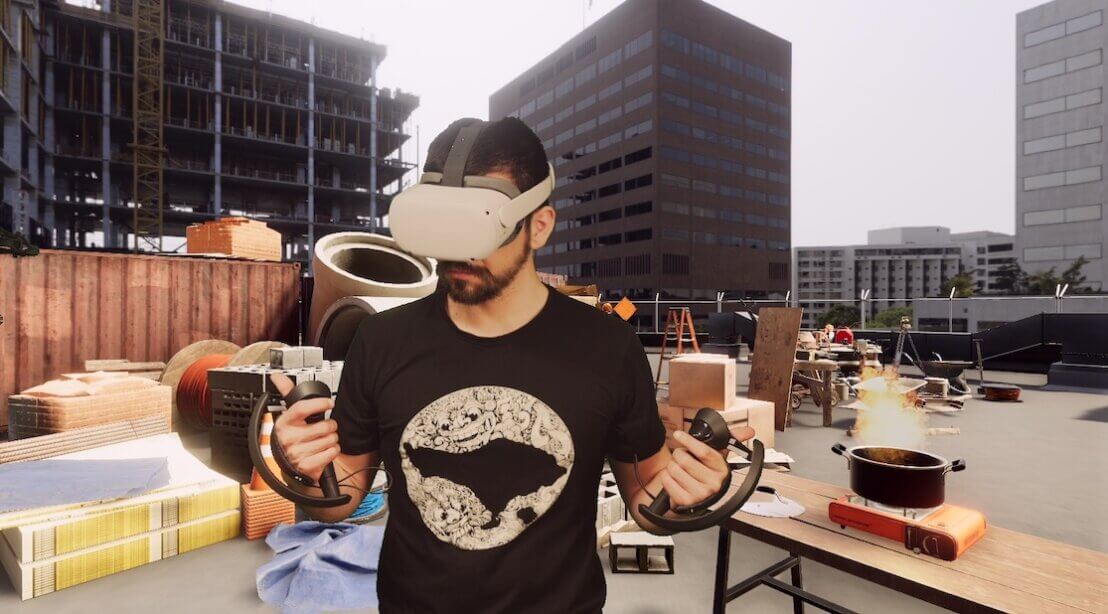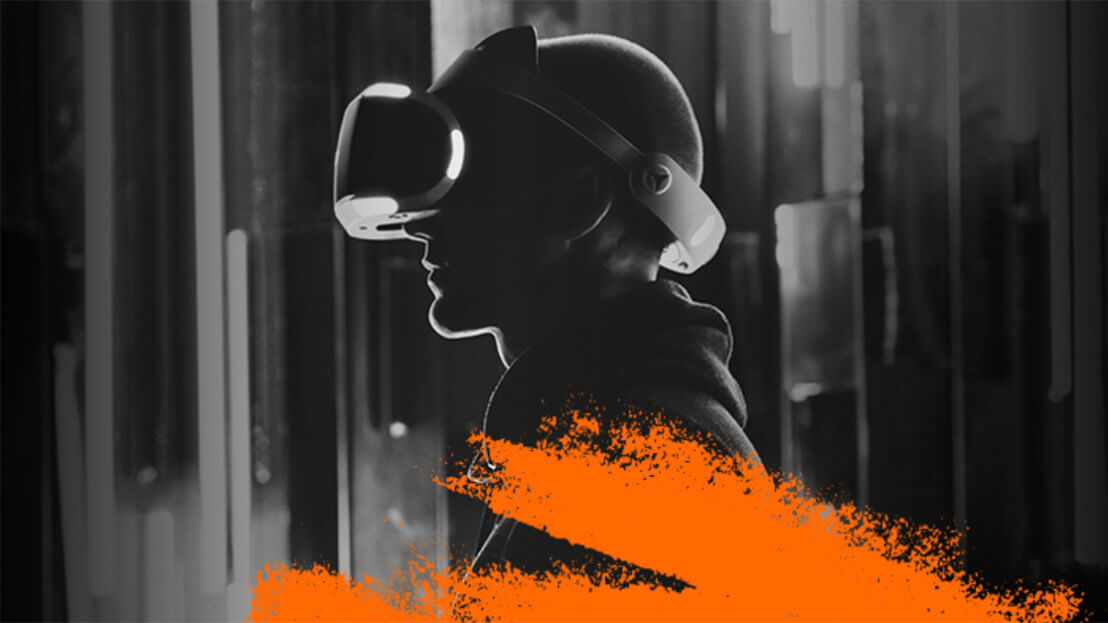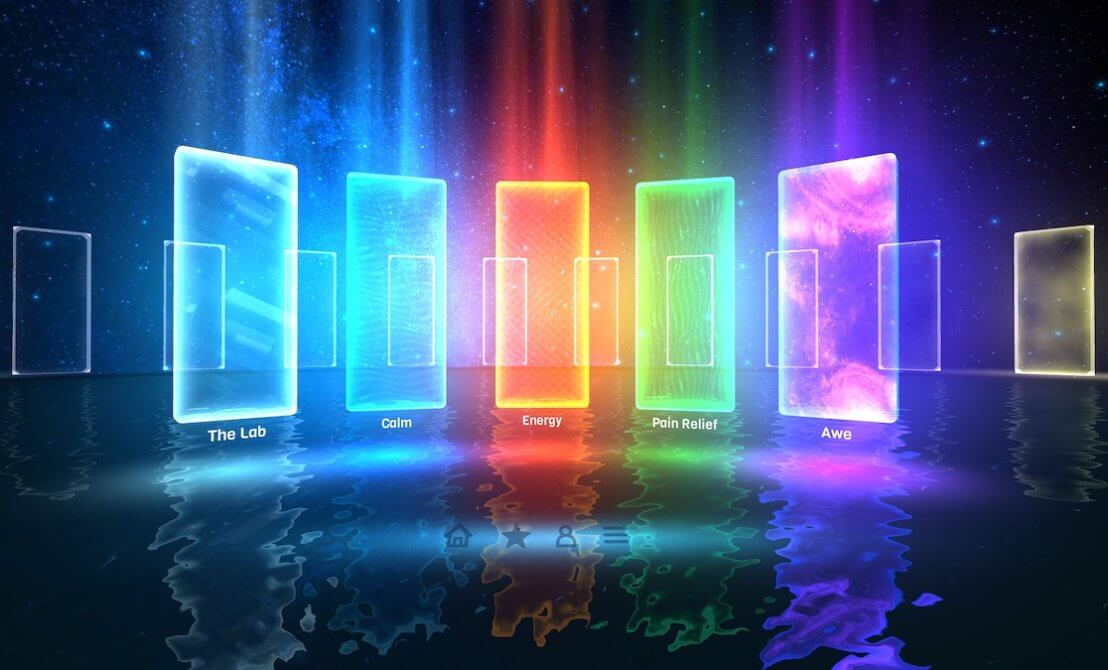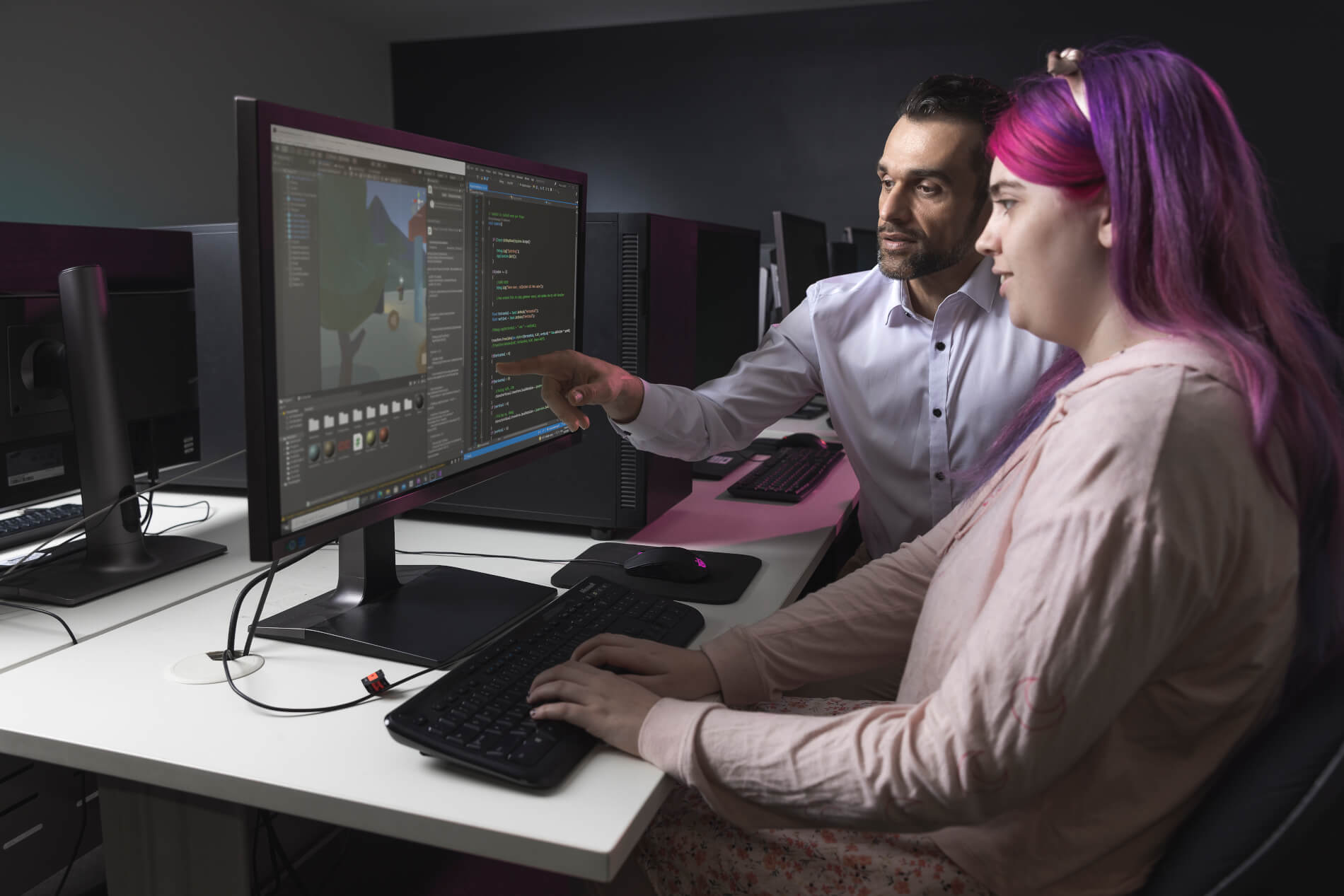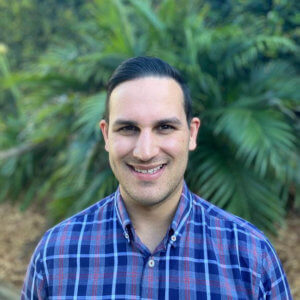
Hi Elise, what inspired you to get into game production?
When I finished high school I had no idea what I wanted to do, and settled on marine biology or video games. I worked really hard at high school and managed to get a high ATAR score which meant I was able to get a scholarship to SAE.
What did you like about studying at SAE?
You’re surrounded by like-minded people and lecturers who have worked in the industry. The fact I could complete the degree within two years was a major bonus. I just got my head down and worked as hard as I could to get it done within that time frame, so I could get into the industry sooner – that was part of the appeal.
Did SAE prepare you for the challenges and opportunities you’ve encountered in the games industry?
Definitely. Even though I’m in production now, my degree was in game design. I’ve found that having that attention to detail is what makes me stand out in comparison to other producers. I’m also not a process focused producer, I fundamentally understand the mechanics of how games are made. For my final project at SAE, I took on the producer role and learnt how to manage other people in the team, so when I took on that position in the real world, I felt a lot more comfortable.
You’ve worked at the likes of Big Ant, Samurai Punk, and Avalanche Studios Group, can you explain how you got into game development?
After studying at SAE, I was working at EB Games as an Assistant Store Manager on Swanston Street, Melbourne. Coincidentally, the Store Manager was good friends with the CEO of Big Ant. On one occasion in the store, I got talking to the lead programmer at Big Ant, and I was asking him about the player characters and how the photo scans worked in the games. He caught on that I knew more than a retail assistant normally would, and that led to a first interview as a game artist, which I didn’t do so well at, to then successfully securing a role as an associate producer a few months later.
At the time I didn’t know anything about being a producer, but I thought it would be my entry into the industry. It transpired that the team at Big Ant knew me better than I knew myself and production was the person fit for me.
What titles were you working on at Big Ant?
It was primarily cricket, lacrosse, tennis and rugby games, but the first title I was a part of was the Playstation version of Jetpack Joyride. I’m not a major sports fan, so I found it a good learning curve to be a part of making games where I wasn’t invested in the specific franchise.
And then you moved to indie studio, Samurai Punk?
I was there for about two and a half years and created some very obscure games, but it was certainly a fun and creative place to work. One of the last games I was involved with was called Roombo: First Blood, which was a game involving a killer robot vacuum cleaner that was left home alone for Christmas – it would hack devices, kill burglars and then clean the blood afterwards!
Wow, that doesn’t sound like a dull day! How did the opportunity at Avalanche Studios Group come about?
When I was at Samurai Punk, I was looking to make the next step in my career, and I was thinking about moving to a AAA studio, which is when I reached out to my former SAE lecturer, Trevor Dykes, who works at Avalanche. He kindly put in a referral, after I’d sent my resume in, and I fortunately got a job at their Stockholm branch.
What would you do on a day-to-day basis at Avalanche?
More or less, my role involved making sure everyone was on track and seeing if the teams needed any support. I also tried to take some time out to play the game the team is working on, so that any bugs that are found can be re-coded if needed.
And now you’ve taken a new role at another indie developer. Is that where your passion lies?
I loved my time at Avalanche and was fortunate to receive the ‘Team Player of the Year’ award, which was voted by my colleagues. I’m moving to Lyon in France shortly, to be a part of a start-up studio working on a fun game. AAA studios are wonderful places to be, but it’s not for everyone, and there are plenty of small up-and-coming independent developers out there worth considering.
What advice do you have for students who aspire to enter the games industry? Are there any particular steps or strategies they should follow to increase their chances of success?
Having some retail experience always makes applicants stand out. It shows you can work with people under pressure, which are critical skills to have in the games industry.
From a portfolio perspective it’s really difficult to stand out as everyone has their interpretation of a 3D sci-fi character, and a prototype for a level of a Mario game. Hiring managers understand that students don’t have 10 years of industry experience to show off, so I would recommend selecting a couple of pieces that are of a high quality. Even if that means it’s a student project, and then taking some time outside of class to polish it – which will make a huge difference when you’re applying for jobs. I’d also add, think about your style and apply for jobs relevant to what you do.


